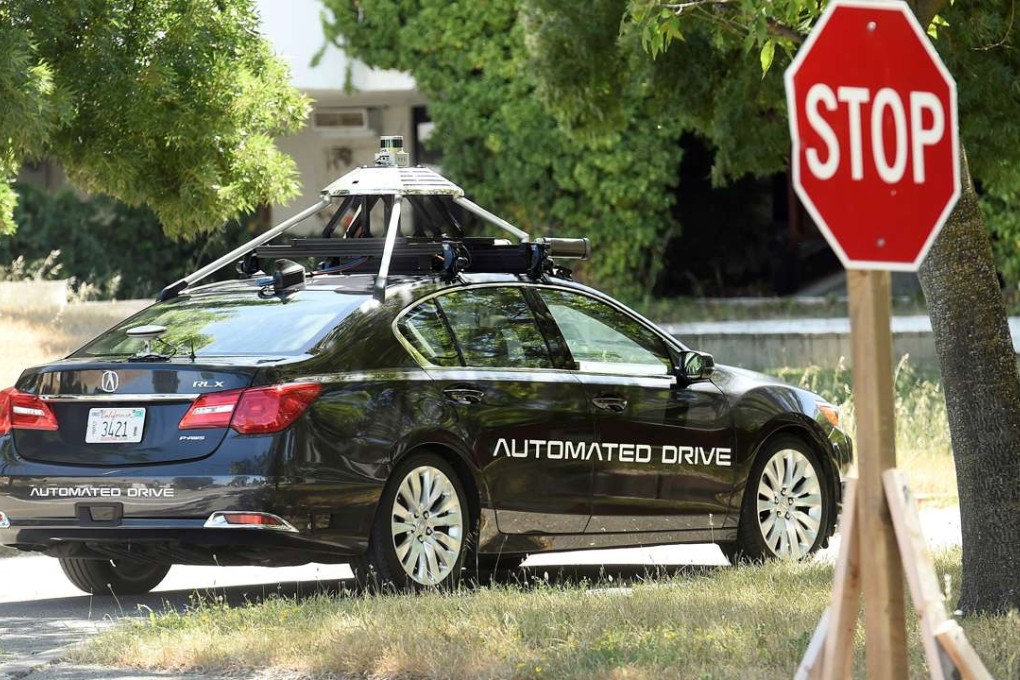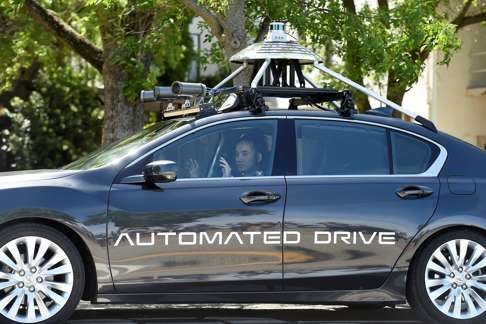Shenzhen joins race to be global hub for autonomous driving industry

Shenzhen is joining the race to become a global hub for the autonomous driving industry, with an industrial base focusing on self-driving technology to be launched next year in the city’s Nanshan district.
The project, with a total investment of 10 billion yuan planned through to 2020, is backed by the Shenzhen Front Investment Bank (SFIB), a financial institution under the National School of Development at Peking University, one of the country’s top government think tanks in economic policy research. SFIB was established in January with the aim of funding projects and startups in cutting-edge technology industries.
The autonomous driving industrial base, the first project for SFIB, is also backed by the Investment Promotion Agency of the Ministry of Commerce, Bric Motor Corporation, and several other research and investment institutions, according to Wang Lejing, co-founder of SFIB.
If the Shenzhen project to incubate autonomous driving development succeeds, Wang said the SFIB would apply the same model in the funding of other frontier industries.
“The industrial base in Shenzhen is designed to form an industrial cluster of autonomous driving in China,” Wang said. “This indus
try still lacks uniform standards for autonomous driving so many countries and regions across the world aspire to become the global leader for this cutting-edge industry,” he said.
